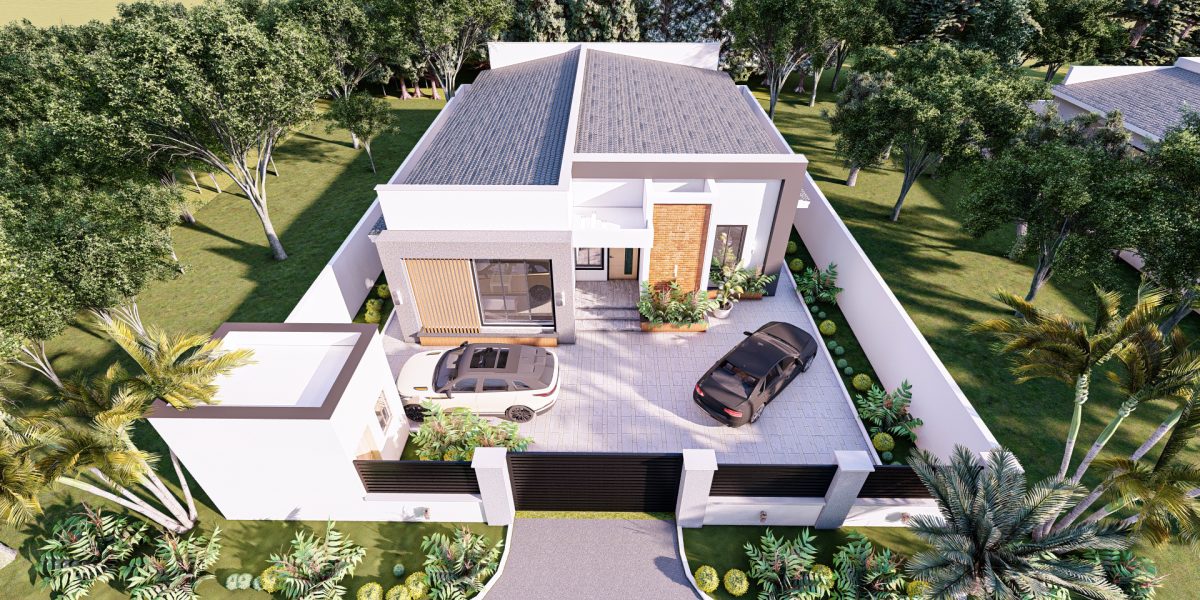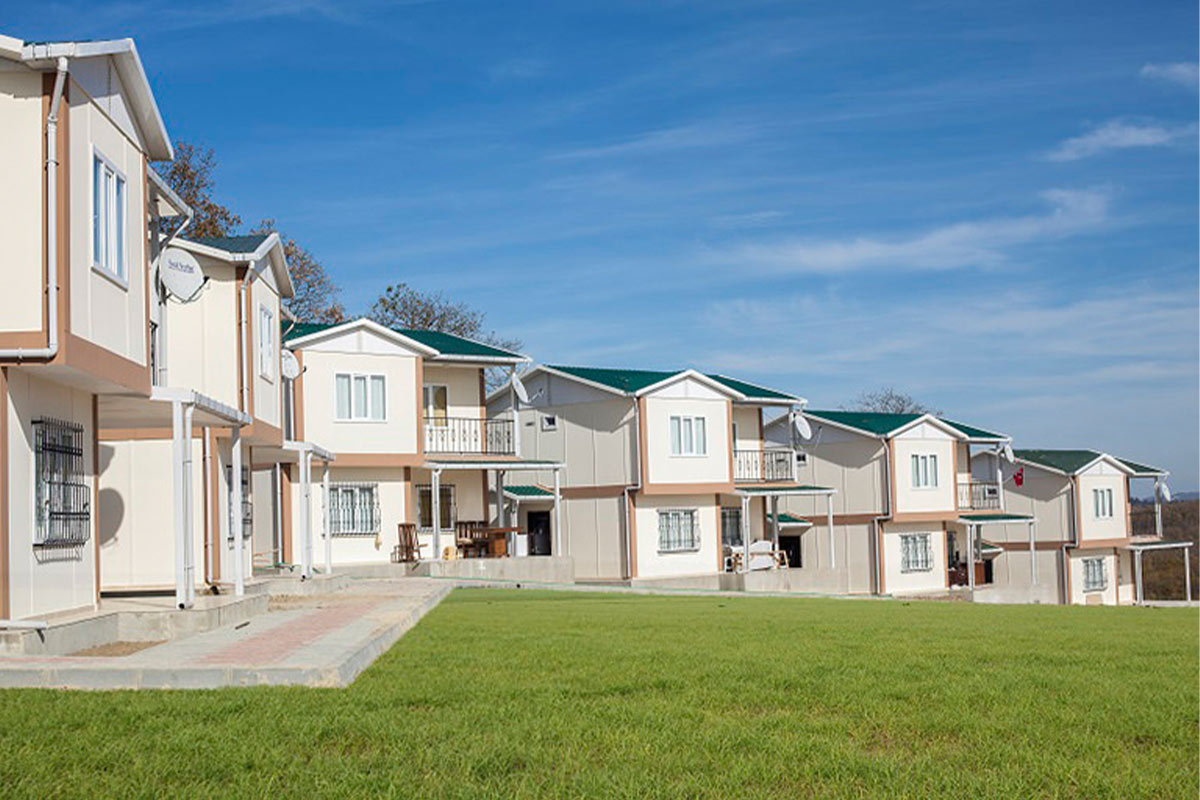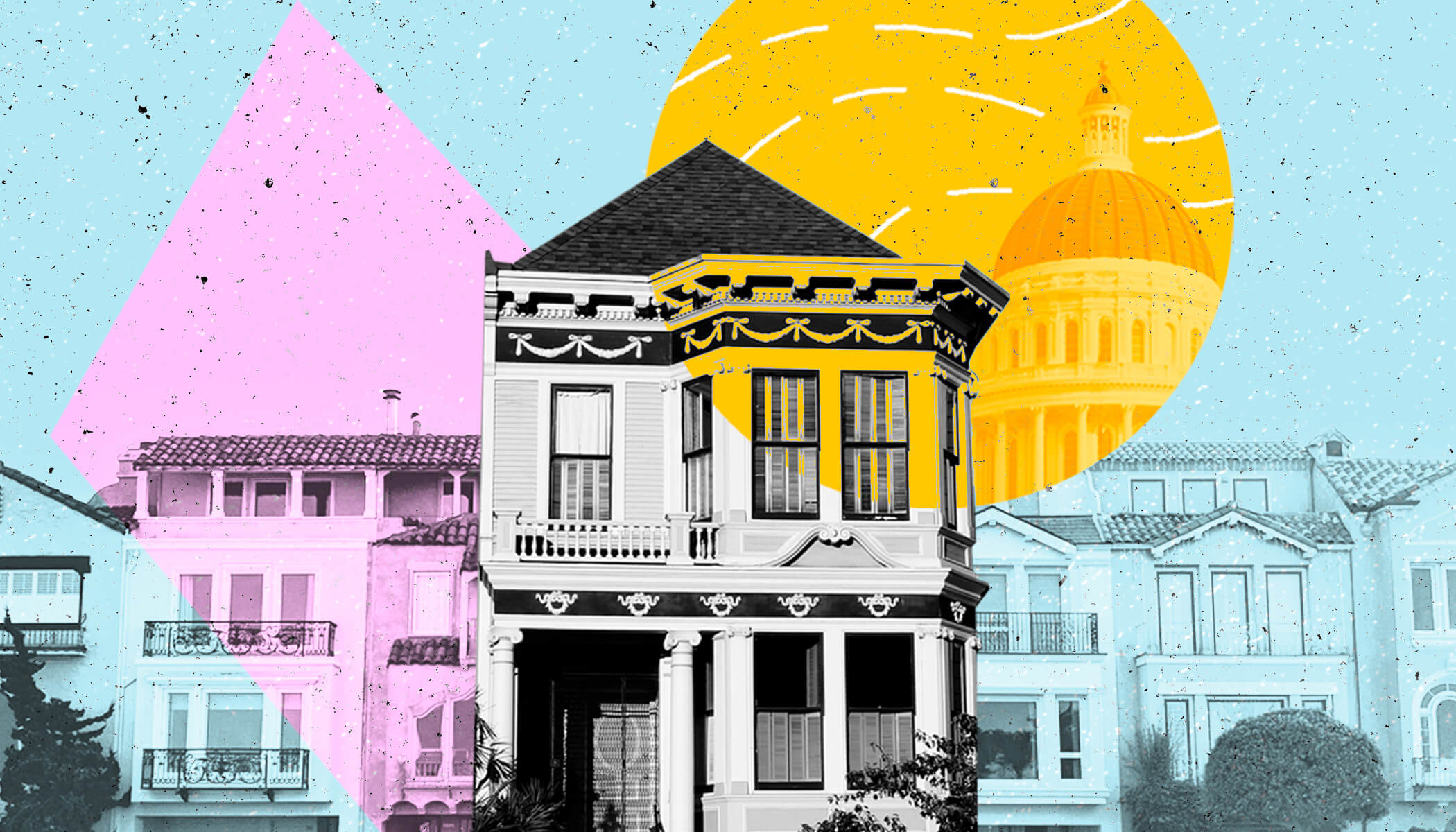
Big cities globally face quiet, serious trouble. Housing costs make getting a home a huge problem. Millions struggle for basic shelter now. Young people just starting out face this especially hard. This is not just money issue.
It is a social and very real problem. It decides where folks can make their home. It impacts their job choices completely. Whether they can even dream of a steady future is hard. Jeremiah Achimugu provides one example we can see.
He like many Nigerians left Sokoto State. He graduated in 2019 then moved. Opportunities in Abuja, the capital city, called him. His first salary was 120,000 naira monthly. That is about 73 US dollars at that time. It seemed a starting point for him then.
City life reality quickly hit him hard. The cost of living in Abuja ate deep into his pay. He said he was always broke every month. Basic costs like travel and food took his money. Finding independent living dashed his hopes.

Searching apartment revealed shocking prices. Even small, basic places cost very much. A tiny one-room flat far away cost 500,000 naira a year. That is around 307 US dollars yearly. Jeremiah made only 1,440,000 naira each year total.
This rent alone would take over third his income. It left no room for first payments or food needs. Transportation costs also needed paying each month. He said there was no way he could afford that. The apartment quality offered was very poor for him.
This difficult truth forced Jeremiah’s choice. He quit his job and returned to Sokoto then. Building life in capital city was his goal. Many young Africans seek this upward move. His ambition was cut short by soaring costs.
He voiced frustration many people feel now. City living cost and rent are too high for young people. But these are exactly where chances exist. Some landlords take advantage of newcomers he thinks. They raise the rent high for them.

Jeremiah Achimugu story is common here. It reflects a wider crisis sweeping Africa now. Nigeria has 63 percent population under age 24. This makes pressure points clear for everyone. UN notes Nigeria’s city population grows fast.
It grows nearly twice the national rate now. Housing buildings have not kept pace at all. This fast growth causes severe housing shortage. World Bank estimates country needs 17 million homes. Limited supply drives up prices for homes.
Major Nigerian cities have huge rent differences. Lagos, Abuja, Port Harcourt all vary greatly. Prices are overwhelmingly high compared average pay. Basic places cost around 400,000 naira yearly. That is about 246 US dollars annually.
High-end homes can cost 25 million naira yearly. That is 16,000 US dollars each year. Monthly minimum wage is 70,000 naira now. This is just 43 US dollars every month. This pay often gets delayed or not paid.

This clearly shows why decent housing is hard. Many young people cannot find stable place. This inability has many bad effects then. It is hard to set down roots anywhere. Cultivating social ties becomes difficult work.
Feeling financially secure enough to plan is hard. Interviews with young people across continent confirm this. Ghana, Kenya, South Africa, Nigeria all face problems. Formal housing remains mostly unreachable for Africans. Experts say top 5 to 10 percent can afford it.
This leaves most living in informal areas. These places are often very crowded always. Structures are not built strong or safe. Essential services are severely lacking in them. Clean water is scarce there for residents.
Reliable electricity is often missing too. Proper sanitation facilities are also needed badly. The bad situation got warnings from experts. More money must go to affordable housing solutions. Otherwise young Africans will struggle for place to live.

Finding even a poor place will be hard always. Consequences go beyond one person struggling. Urban development could face hindrances here. Cycles of poverty and inequality might continue now. Kwantami Kwame in Kumasi, Ghana shared feelings.
He blamed capitalism and greedy owners for high rent. He shared his Accra experience recently. He was asked for two year rent upfront. It was 38,275 Ghanaian Cedis total. That is roughly 2,500 US dollars for flat.
It was a one-bedroom apartment in Accra then. He said it was not even up to standard. This big fee did not cover utilities either. Water, electricity, waste bills were extra costs. Kwame felt righteous indignation deeply now.
Country minimum wage is only 539.19 Ghanaian cedis. That is just 45 US dollars every month. Governments have duty to ensure housing for youth. It should be affordable where jobs are concentrated. Kwame supports government action to help.
These systemic pressures tie directly to individual housing struggles. Financial instability in apartment market affects tenants surely. Pressure on rents could increase for many people easily. Reduced investment might also hurt building quality greatly. Diverting public funds harms affordable home creation badly. These complex financial systems influence housing availability strongly. They affect affordability for everyone across the nation. Addressing crisis needs supporting people and fixing systems too. Ensure systems serve their public mission intended.
Related posts:
Apartments Could Be the Next Real Estate Business to Struggle
Africa: Young Africans Priced Out of Cities As Urban Housing Crisis Deepens
While migrant families get $120,000 in housing benefits disabled Massachusetts Veterans mostly get a $250-a-year cash increase




:max_bytes(150000):strip_icc():focal(999x0:1001x2)/Taylor-Swift-2025-Super-Bowl-020925-12-c71b07fbdec44eb8bd88f690763fa897.jpg)